Clear, radiant skin is a goal many of you strive for, but did you know that your diet has a significant impact on your complexion?
The foods you consume daily can either nourish your skin or contribute to breakouts and dullness. Understanding which foods to avoid for healthy skin is crucial in your quest for a clearer complexion.
In this post, we’ll explore eight foods you should stop eating for clear skin.
Busy? Save this pin for later.
1. Refined Grains
Refined grains are a common part of many diets, but they can have a negative impact on your skin health.
These grains have been stripped of their bran and germ, leaving only the starchy endosperm. This process removes essential nutrients, fiber, and beneficial compounds that are crucial for maintaining healthy skin.
The Impact of Refined Grains on Skin Health
When you consume refined grains, your blood sugar levels spike quickly. This rapid increase in blood sugar can lead to inflammation in your body, which may contribute to acne breakouts and other skin issues.
Foods high in refined grains, such as white bread, pasta, and cereals, are among the worst foods for acne-prone skin.
Whole Grain Alternatives for Clear Skin
To improve your skin’s appearance, consider swapping refined grains for whole grain alternatives. Whole grains contain complex carbohydrates that are digested more slowly, helping to keep your blood sugar levels stable.
This can reduce inflammation and potentially lead to clearer skin. Some great options include whole wheat bread, brown rice, and oatmeal.
Reading Labels to Avoid Hidden Refined Grains
When shopping for foods to avoid for healthy skin, it’s essential to read labels carefully. Look for products that list “whole” or “whole grain” as the first ingredient.
Be wary of terms like “multigrain” or “made with whole grains,” as these products may still contain significant amounts of refined grains. By making informed choices, you can better support your skin’s health through your diet.
2. Sugary Cereals
Sugary cereals are among the worst foods for acne and can significantly impact your skin health. These breakfast staples often contain high amounts of added sugars, which can lead to inflammation and breakouts.
When you consume sugary cereals, your blood sugar levels spike quickly, causing a rapid release of insulin.
This process can contribute to the production of excess oil and clogged pores, ultimately resulting in acne flare-ups.
How Sugary Cereals Affect Skin
The high sugar content in many cereals can lead to glycation, a process that damages collagen and elastin in your skin.
This can result in premature aging, wrinkles, and a dull complexion. Additionally, the refined grains used in many sugary cereals lack essential nutrients and fiber, which are crucial for maintaining healthy skin.
Nutritious Breakfast Alternatives
To avoid foods that negatively impact your skin, consider healthier breakfast options. Whole grain cereals with minimal added sugar, oatmeal topped with fresh fruits, or Greek yogurt with berries and nuts are excellent alternatives. These options provide essential nutrients, fiber, and protein to support skin health and overall well-being.
Making Healthier Cereal Choices
When selecting cereals, look for options with whole grains as the first ingredient and less than 8 grams of sugar per serving.
Opt for cereals rich in fiber and protein, which can help keep you fuller longer and provide sustained energy throughout the day.
3. Chips and Salty Snacks
Chips and salty snacks are among the worst foods for acne and can significantly impact your skin health. These popular treats often contain unhealthy fats and excessive sodium, which can lead to various skin issues.
Salt’s Effect on Skin Hydration
Consuming too much salt can cause your body to retain water, resulting in puffiness and bloating. This excess fluid retention can show up on your face, particularly around the eyes, giving you a tired and swollen appearance.
Additionally, high salt intake can lead to dehydration, as it prompts your body to pull water from your skin cells, leaving your complexion dry, flaky, and more prone to wrinkles.
Unhealthy Fats in Chips and Skin Health
Many chips are fried in refined vegetable oils, which are highly processed and associated with increased inflammation in the body.
This inflammation can exacerbate acne and other skin conditions. Furthermore, the saturated fats found in some chips can contribute to the production of hormones that increase sebum production, leading to clogged pores and breakouts.
Skin-Friendly Snack Options
To avoid foods that negatively impact your skin, consider healthier alternatives. Opt for baked veggie chips, air-popped popcorn, or nuts and seeds.
These options provide essential nutrients and healthy fats that can support skin health. When choosing snacks, look for those made with whole ingredients and minimal processing to ensure you’re nourishing your skin from the inside out.
4. White Bread
White bread is a refined carbohydrate that can negatively impact your skin health. It has a high glycemic index, causing rapid spikes in blood sugar levels.
This surge triggers inflammation and increased oil production, potentially leading to acne breakouts. The lack of fiber and nutrients in white bread also contributes to its detrimental effects on skin health.
Choosing Healthier Bread Options
To avoid foods that negatively impact your skin, opt for whole grain or whole wheat breads. These alternatives are rich in fiber and nutrients, helping to stabilize blood sugar levels and support overall skin health.
Look for breads that list “whole grain” as the first ingredient to ensure you’re making a healthier choice.
Bread Alternatives for Clear Skin
Consider replacing white bread with skin-friendly options like Ezekiel bread, made from sprouted grains, or corn tortillas, which are gluten-free and high in fiber.
You can also try lettuce wraps or sweet potato slices as bread substitutes. These alternatives can help you maintain clearer skin while still enjoying satisfying meals.
5. Soda and Energy Drinks
Soda and energy drinks are among the worst foods for acne and can significantly impact your skin health. These beverages are often high in sugar and caffeine, which can lead to various skin issues.
Sugar Content and Skin Health
The high sugar content in soda and energy drinks can cause inflammation throughout your body, potentially leading to acne breakouts.
Consuming these drinks regularly may also contribute to premature aging, including fine lines and wrinkles.
Caffeine’s Impact on Skin
While caffeine can provide a temporary energy boost, it can also dehydrate your skin. This dehydration may result in a dull complexion, dryness, and more pronounced imperfections.
Caffeine can also increase stress hormones, which may lead to increased oil production and more breakouts.
Hydrating Alternatives for Better Skin
To avoid foods that negatively impact your skin, consider healthier alternatives. Opt for water, unsweetened tea, or coconut water to stay hydrated and support your skin’s health.
These options provide essential nutrients without the harmful effects of added sugars and excessive caffeine.
6. Fast Food Burgers
Fast food burgers are among the worst foods for acne and can significantly impact your skin health. These popular treats often contain unhealthy fats and excessive sodium, which can lead to various skin issues.
To avoid foods that negatively impact your skin, it’s crucial to understand how processed meats and excess fats affect your complexion.
How Processed Meats Affect Skin
Processed meats in fast food burgers can wreak havoc on your skin. They often contain preservatives like sodium nitrates, which can break down collagen and elastin, leading to premature aging and wrinkles.
Additionally, the high sodium content can cause inflammation and puffiness, exacerbating conditions like acne and rosacea.
The Role of Excess Fats in Skin Issues
The unhealthy fats found in fast food burgers can contribute to skin problems. These fats can increase inflammation in the body, potentially leading to acne breakouts and other skin conditions.
Moreover, the high calorie content of these burgers can lead to weight gain, which may affect your overall skin health.
Healthier Burger Options for Clear Skin
To maintain clear skin, consider healthier burger alternatives. Opt for lean protein sources, such as grilled chicken or fish, and choose whole grain buns or lettuce wraps.
You can also add vegetables to your burger for extra nutrients. When dining out, look for restaurants that offer customizable options to avoid ingredients that may trigger skin issues.
7. Margarine and Trans Fats
Trans Fats and Skin Inflammation
Trans fats, found in margarine and partially hydrogenated oils, are among the worst foods for acne and skin health.
These unhealthy fats increase inflammation throughout your body, potentially leading to skin issues and premature aging. They also raise bad cholesterol levels while lowering good cholesterol, contributing to heart disease risk.
Identifying Hidden Trans Fats in Foods
To avoid foods that negatively impact your skin, it’s crucial to read labels carefully. Even if a product claims “0 grams trans fats,” it may still contain small amounts. Look for “partially hydrogenated vegetable oil” in the ingredient list, as this indicates the presence of trans fats.
Healthy Fat Alternatives for Skin Health
For clear skin, opt for healthier fat sources like olive oil, avocados, and nuts. These foods contain beneficial mono- and polyunsaturated fats that support skin health and overall well-being.
8. Artificial Sweeteners
Artificial sweeteners, often seen as a healthier alternative to sugar, can actually have a negative impact on your skin health.
These sugar substitutes can disrupt your gut microbiome, leading to inflammation throughout your body, including your skin.
This inflammation can trigger skin issues like acne and rosacea. Additionally, artificial sweeteners may increase sugar cravings and insulin resistance, potentially worsening skin problems.
To maintain clear skin, it’s crucial to be aware of hidden artificial sweeteners in foods and opt for natural alternatives when possible.
The Surprising Link Between Artificial Sweeteners and Skin
You might be surprised to learn that artificial sweeteners can affect your skin’s appearance. These sugar substitutes can cause hormonal imbalances, leading to increased oil production and acne breakouts.
They may also contribute to premature aging by disrupting collagen production. To avoid foods that negatively impact your skin, it’s essential to understand how artificial sweeteners influence your body’s processes.
Natural Sweetener Alternatives
To support healthy skin, consider using natural sweetener alternatives. Options like stevia, monk fruit extract, and dates can satisfy your sweet tooth without the negative effects of artificial sweeteners.
These alternatives often contain beneficial nutrients and antioxidants that may even improve your skin’s health. When choosing natural sweeteners, remember to use them in moderation as part of a balanced diet for optimal skin health.
Reading Labels to Avoid Hidden Artificial Sweeteners
To maintain clear skin, it’s crucial to be vigilant about hidden artificial sweeteners in your food. Many products labeled as “sugar-free” or “diet” often contain these additives.
When reading labels, look out for common artificial sweeteners like aspartame, sucralose, and saccharin.
Conclusion
The foods we consume have a significant influence on our skin health. By avoiding refined grains, sugary cereals, chips, white bread, soda, fast food burgers, margarine, and artificial sweeteners, we can take a proactive approach to achieve clearer, healthier skin.
These foods often lead to inflammation, hormonal imbalances, and increased oil production, all of which contribute to skin issues like acne and premature aging.
Opting for whole grains, fresh fruits and vegetables, lean proteins, and healthy fats can provide the nutrients our skin needs to thrive.
Ultimately, maintaining clear skin goes beyond just avoiding certain foods. It’s about adopting a holistic approach to skin care that includes a balanced diet, proper hydration, regular exercise, and a consistent skincare routine.
By making informed choices about what we eat and how we care for our bodies, we can support our skin’s health from the inside out.

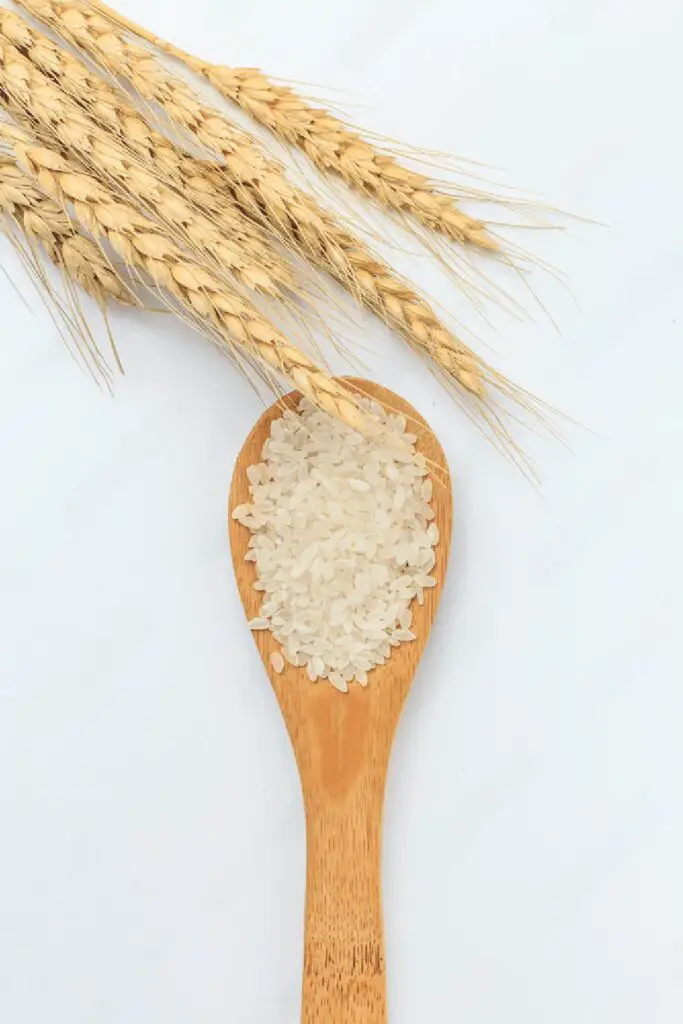
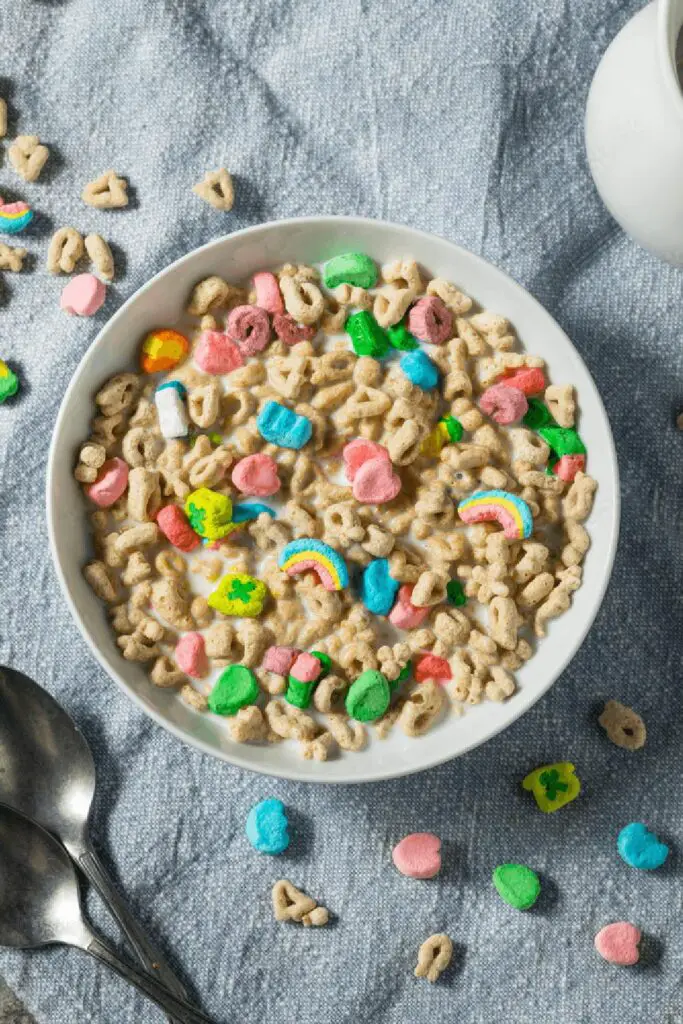

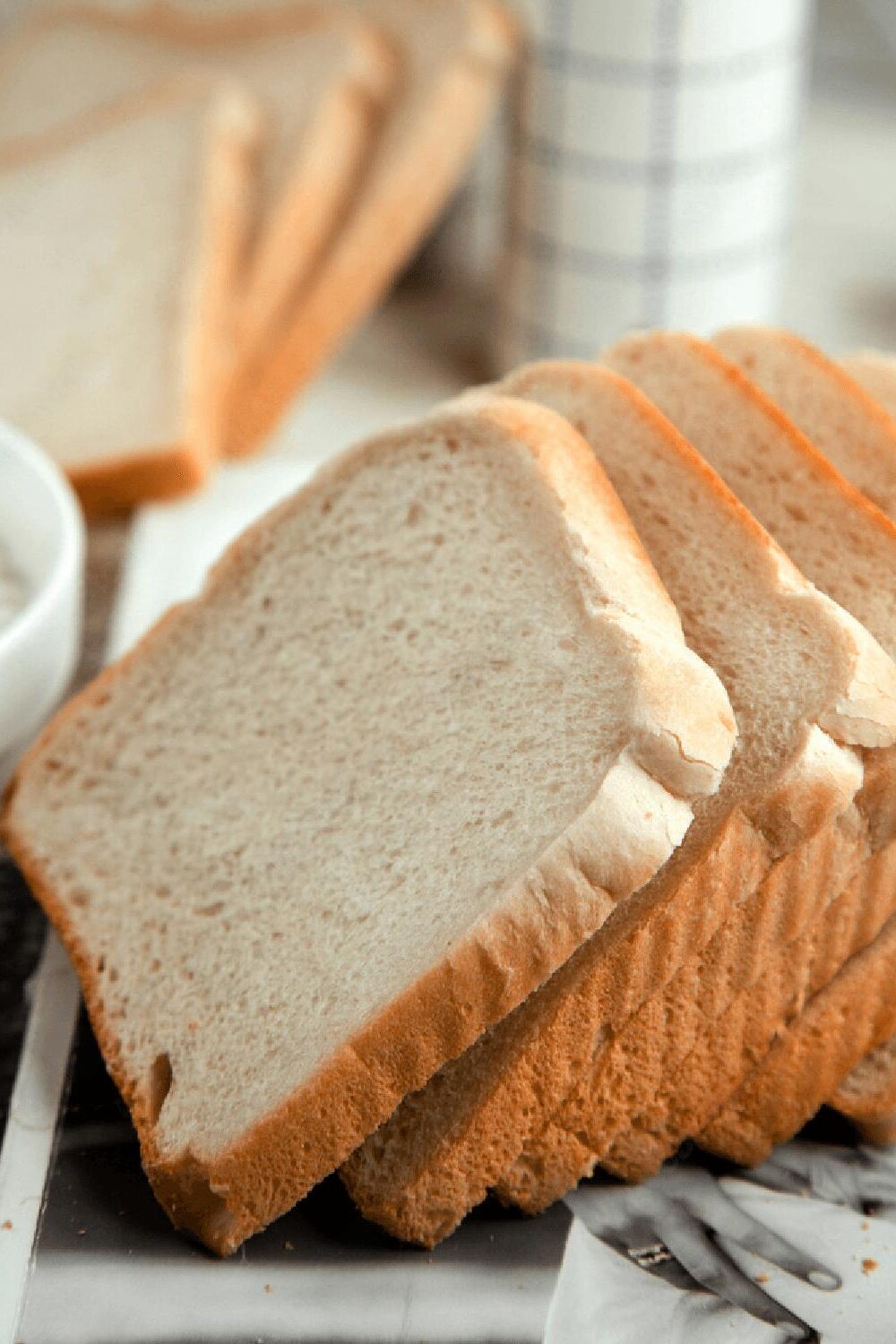
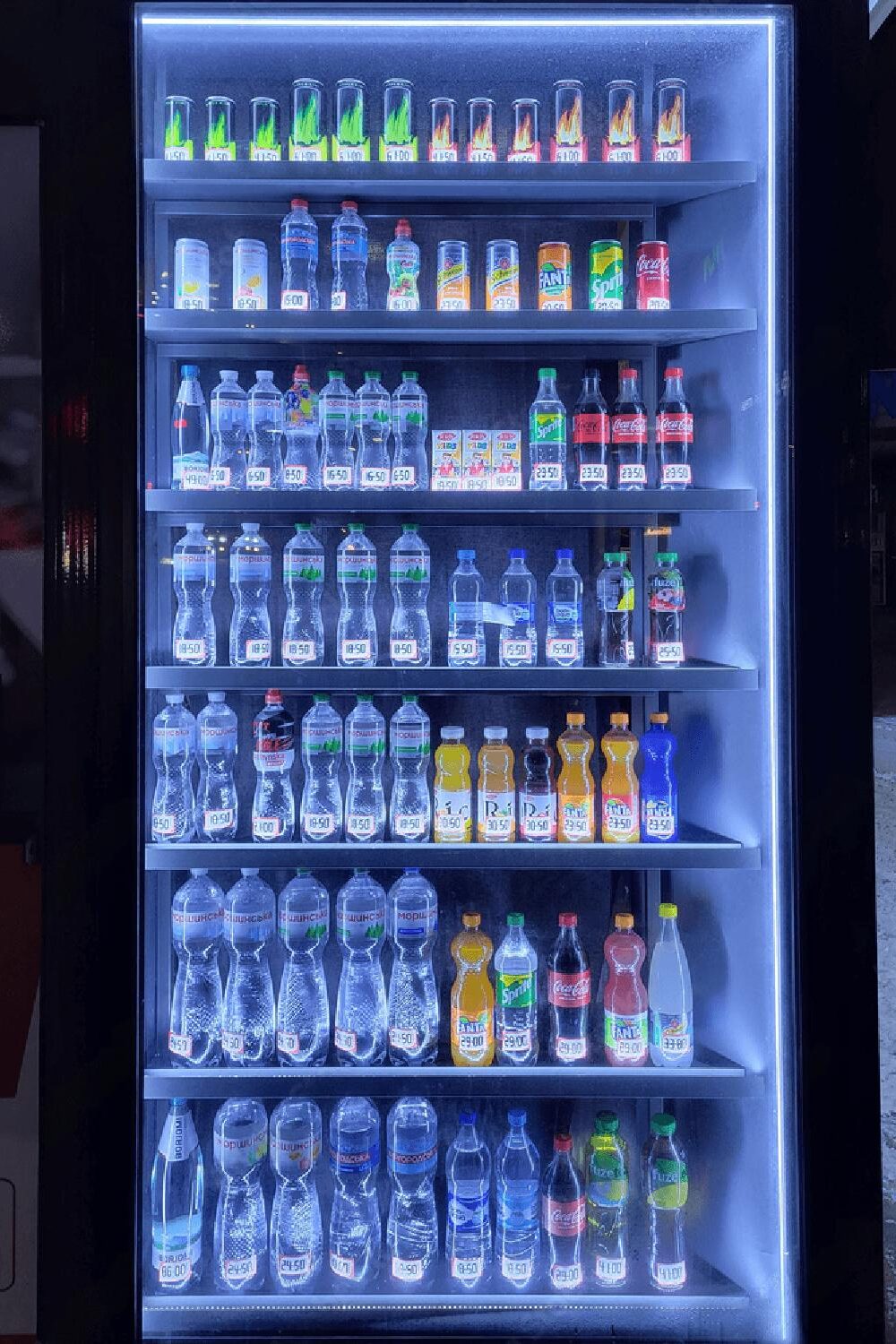
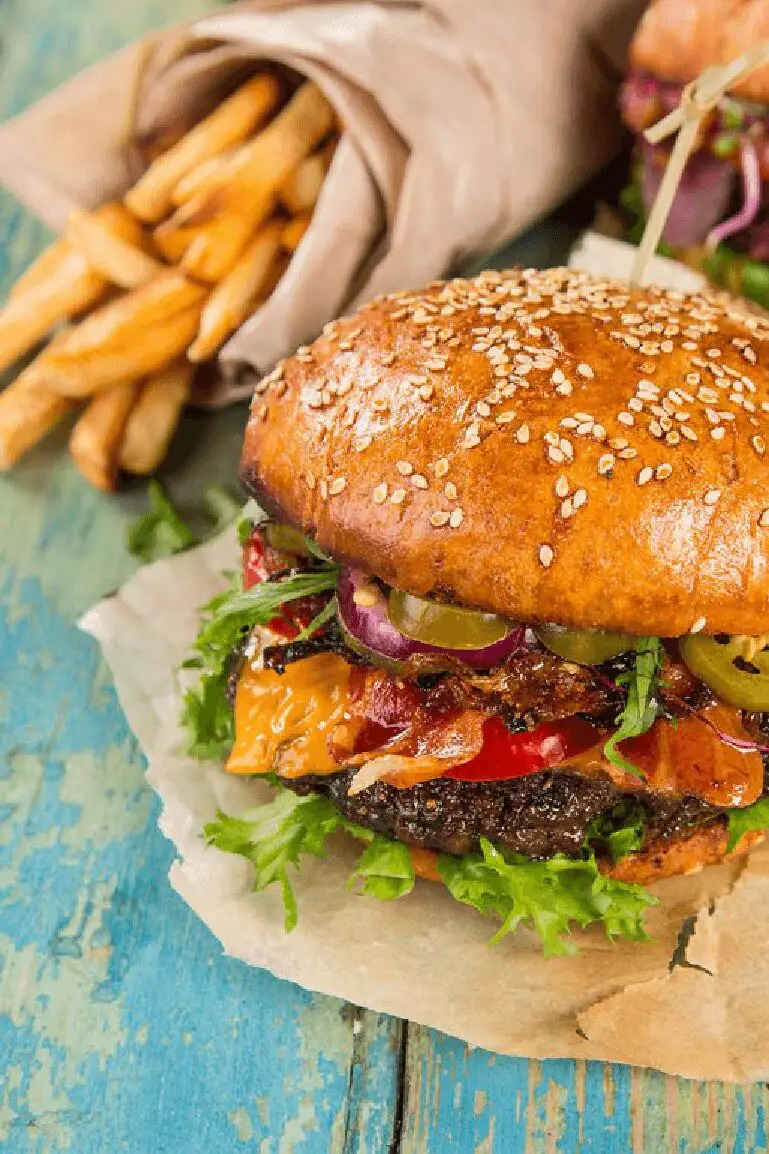
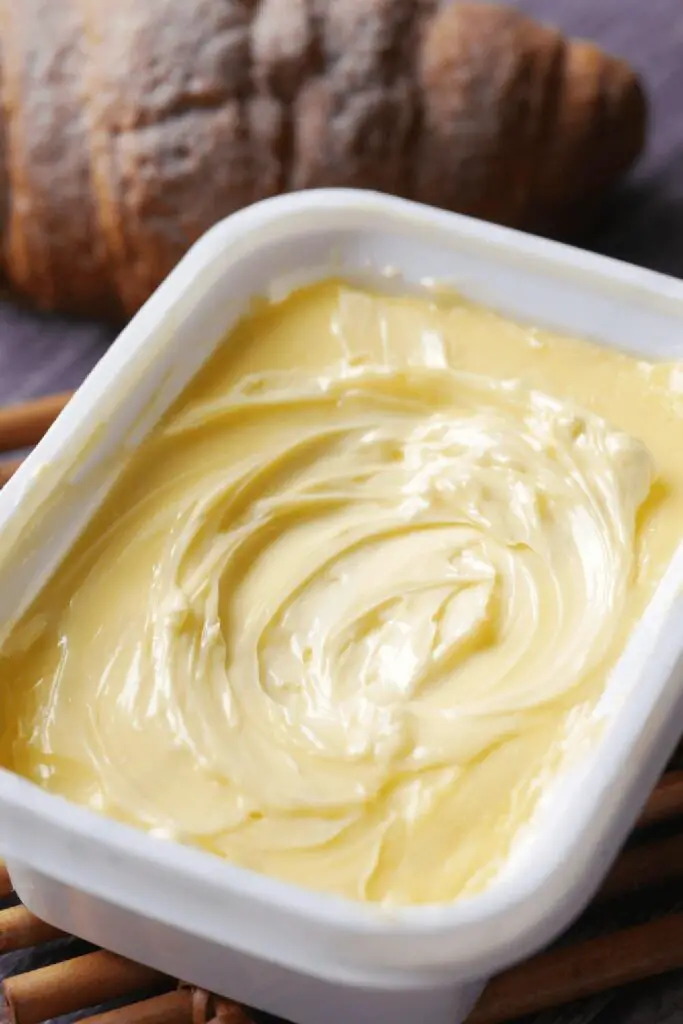
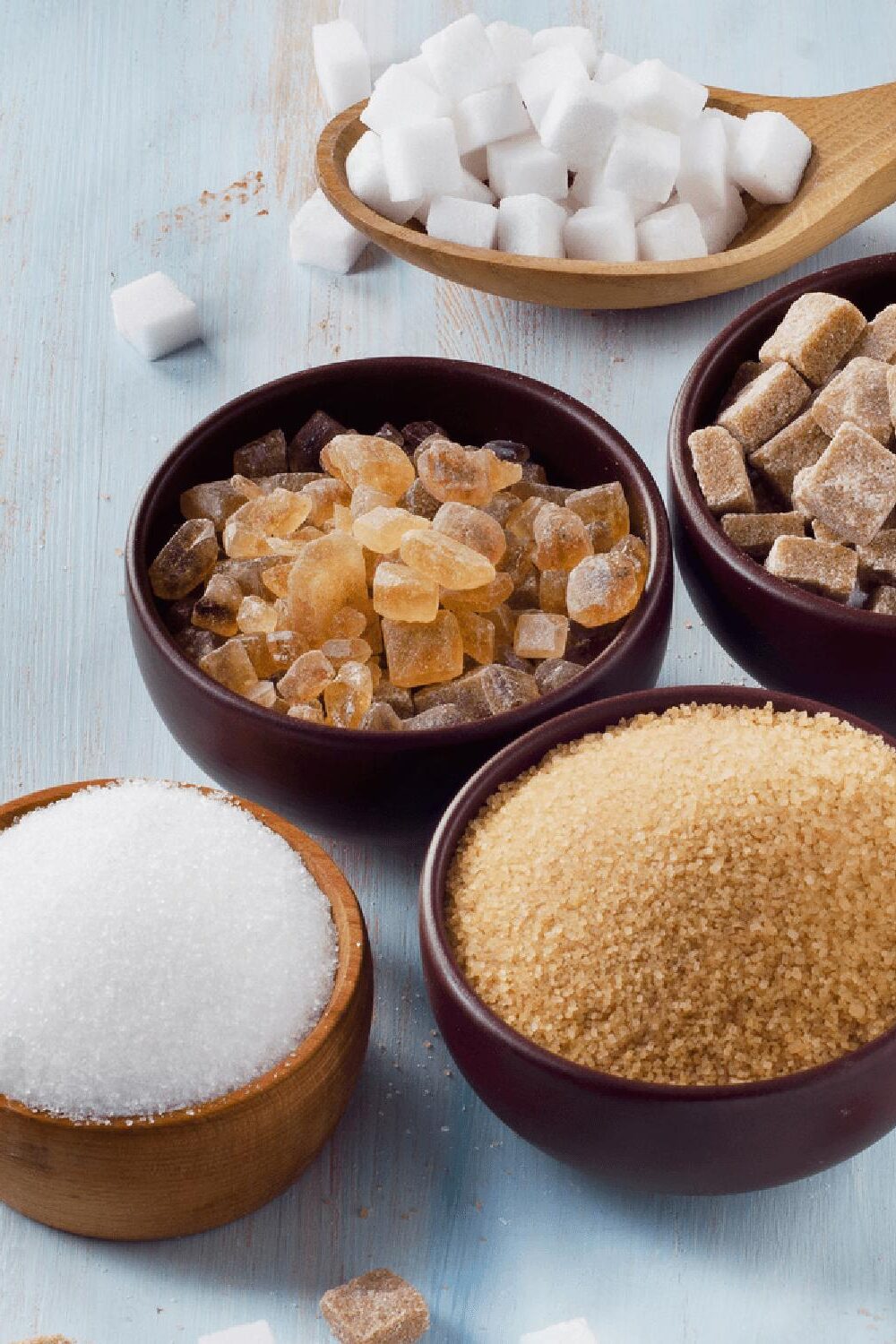
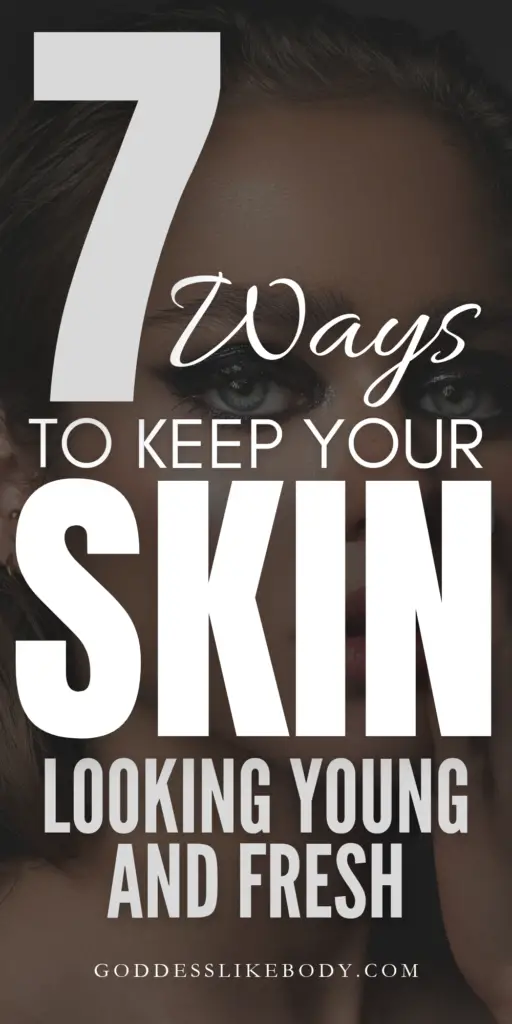


Leave a Reply
You must be logged in to post a comment.